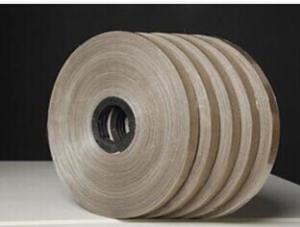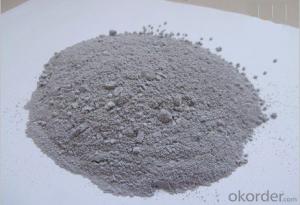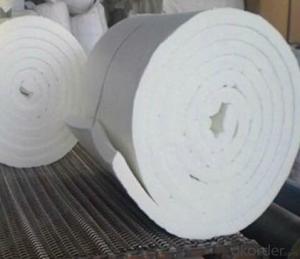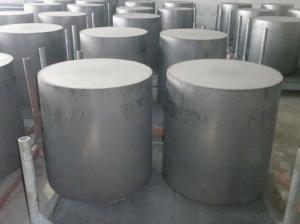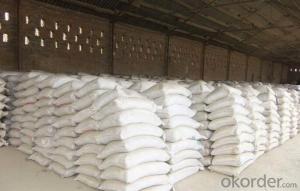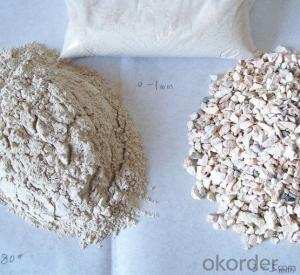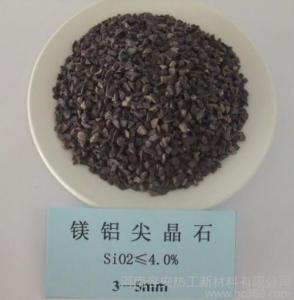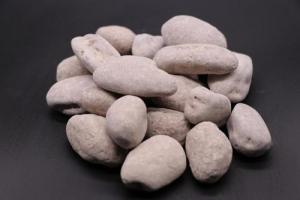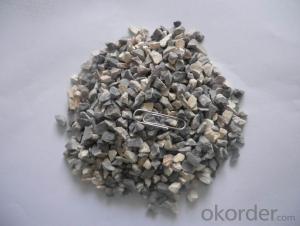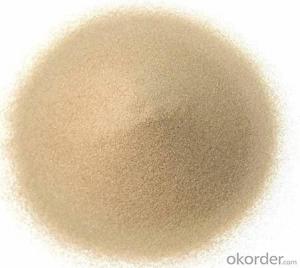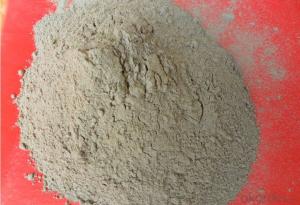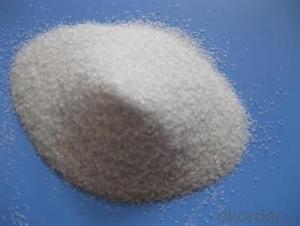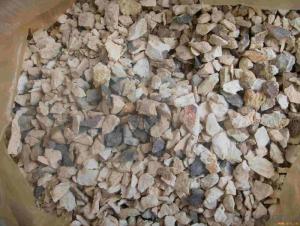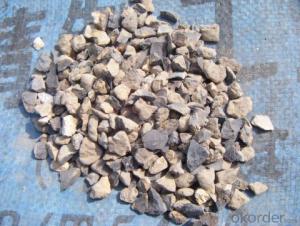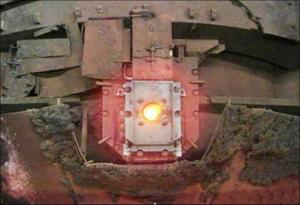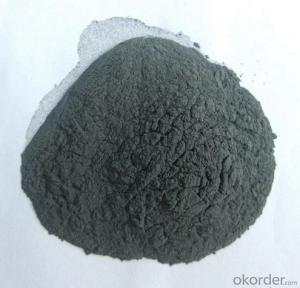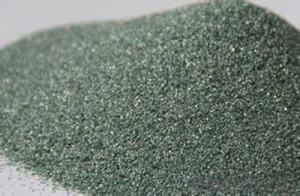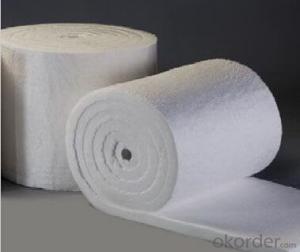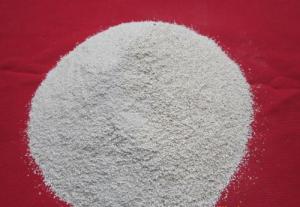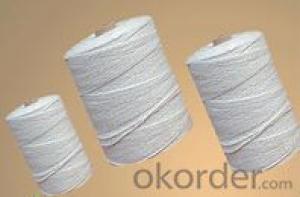All Categories
- - Steel Wire Rod
- - Steel Coils
- - Steel Profiles
- - Steel Pipes
- - Stainless Steel
- - Tinplate
- - Special Steel
- - Steel Sheets
- - Steel Rebars
- - Steel Strips
- - Hot Rolled Steel
- - Cold Rolled Steel
- - Pre-painted Steel
- - Seamless Steel Pipe
- - Welded Steel Pipe
- - Hollow Steel Tubes
- - Galvanized Pipe
- - Stainless Steel Coil
- - Stainless Steel Sheet
- - Stainless Steel Plate
- - Stainless Steel Strips
- - Electrolytic Tinplate Coil
- - Electrolytic Tinplate Sheet
- - Stainless Steel Rebars
- - Solar Panels
- - Solar Water Heater
- - Solar Related Products
- - Solar Inverter
- - Solar Cells
- - Solar Light
- - Solar Energy Systems
- - Solar Controllers
- - Solar Mounting System
- - Solar Pump
- - Solar Chargers
- - Fiberglass Chopped Strand
- - Fiberglass Mesh Cloth
- - Composite Pipes
- - FRP Pultrusion Profiles
- - Fiberglass Mat Tissue
- - Fiberglass Fabrics
- - Fiberglass Mesh
- - Composite Tank
- - Fiberglass Mesh tape
- - Polymer
- - FRP Roofing Panel
- - Fiberglass Roving
- - Monolithic Refractories
- - Ceramic Fiber Products
- - Refractory Bricks
- - Raw Materials For Refractory
- - Suspended Platform
- - Cranes
- - Concrete Machinery
- - Earthmoving Machinery
- - Building Hoist
- - Road Building Machinery
- - Plastic Pipe Fittings
- - Plastic Tubes
- - Plastic Sheets
- - Agricultural Plastic Products
- - Plastic Nets
Q & A
How are refractory materials designed to withstand corrosive atmospheres in different industries?
Refractory materials are designed to withstand corrosive atmospheres in different industries through several key features. First, they are made from chemically stable compounds such as oxides, carbides, and nitrides, which have high resistance to corrosion. Second, the materials are carefully selected based on the specific corrosive environment they will encounter, ensuring compatibility and optimal performance. Third, refractory materials are often engineered with dense and impermeable structures to prevent the penetration of corrosive agents. Additionally, they may have protective coatings or linings applied to further enhance their resistance to corrosion. Overall, the design of refractory materials takes into account the unique challenges posed by corrosive atmospheres in different industries, aiming to provide durable and long-lasting solutions.
How are fused cast refractories made from alumina?
Fused cast refractories made from alumina are produced by melting a combination of alumina and other additives in a high-temperature furnace, and then allowing the molten mixture to solidify in a mold. The resulting product has a dense and homogenous structure, with excellent thermal resistance and chemical stability, making it suitable for various high-temperature applications such as glass furnaces and steelmaking.
What is the role of chrome ore in refractory materials?
Chrome ore plays a crucial role in refractory materials as it provides the necessary heat resistance and durability. It is used as a key ingredient in the production of refractory bricks, which are used to line high-temperature industrial furnaces and kilns. Chrome ore's high melting point and excellent corrosion resistance make it ideal for withstanding extreme heat and chemical reactions. Additionally, its presence in refractory materials helps to enhance their mechanical strength and improve their overall performance in harsh operating conditions.
Which refractory raw materials have good resistance to acids?
Some refractory raw materials that have good resistance to acids include silica (SiO2), alumina (Al2O3), zirconia (ZrO2), and magnesia (MgO).
Wholesale Raw Materials For Refractory from supplier in America
Whether you are in the steel, cement, glass, or other refractory industries, we have the raw materials you need to optimize your production processes. Our product range includes high-quality refractory bricks, castables, mortars, and powders.
We understand the importance of delivering products on time, and our efficient supply chain management ensures timely delivery to your doorstep. With our strong network of suppliers and manufacturers, we can source the best quality raw materials at competitive prices.
Our experienced sales team is dedicated to providing excellent customer service. We are always ready to assist you with product selection, pricing, and technical support. Our team stays updated with the latest industry trends and innovations, allowing us to recommend the most suitable raw materials for your specific requirements.
As a subsidiary of CNBM, we have the backing of a global leader in building materials and equipment. This gives us access to extensive resources and expertise, enabling us to provide comprehensive procurement services for raw materials for refractory in America.
We prioritize customer satisfaction and aim to build long-term relationships with our clients. Our commitment to quality, reliability, and professionalism sets us apart in the market. Trust us to be your reliable partner for all your raw material needs in the refractory industry.
Contact us today to discuss your requirements and let us help you find the best solutions for your projects.
We understand the importance of delivering products on time, and our efficient supply chain management ensures timely delivery to your doorstep. With our strong network of suppliers and manufacturers, we can source the best quality raw materials at competitive prices.
Our experienced sales team is dedicated to providing excellent customer service. We are always ready to assist you with product selection, pricing, and technical support. Our team stays updated with the latest industry trends and innovations, allowing us to recommend the most suitable raw materials for your specific requirements.
As a subsidiary of CNBM, we have the backing of a global leader in building materials and equipment. This gives us access to extensive resources and expertise, enabling us to provide comprehensive procurement services for raw materials for refractory in America.
We prioritize customer satisfaction and aim to build long-term relationships with our clients. Our commitment to quality, reliability, and professionalism sets us apart in the market. Trust us to be your reliable partner for all your raw material needs in the refractory industry.
Contact us today to discuss your requirements and let us help you find the best solutions for your projects.
Hot Search
- Monolithic Refractories in Bengal
- Ceramic Fiber Products in Mauritius
- Refractory Bricks in Netherlands
- Raw Materials For Refractory in Oman
- Refractory Bricks in Uzbekistan
- Refractory Bricks in Benin
- Raw Materials For Refractory in Cuba
- Raw Materials For Refractory in Palestine
- Raw Materials For Refractory in Tonga
- Refractory Bricks in Nauru
